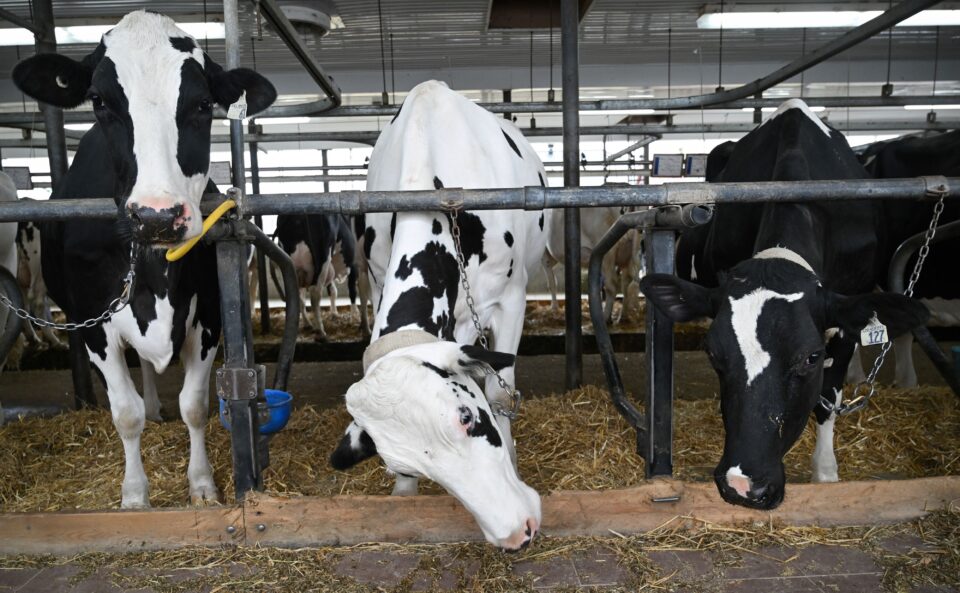In a bold move to reduce its reliance on milk imports, Nigeria has begun importing dairy cattle from Denmark as part of a broader national strategy to double local milk production over the next five years, Livestock Minister Idi Maiha has confirmed.
Despite being home to more than 20.9 million cattle, Nigeria produces only 700,000 tonnes of milk annually, far short of its domestic demand of 1.6 million tonnes. This production gap means the country still imports about 60% of its dairy needs, placing pressure on foreign reserves and limiting the growth of local dairy processors.
“Our goal is ambitious but achievable,” Minister Maiha said. “We aim to increase national milk production to 1.4 million tonnes per year by 2030. Importing high-yield dairy cattle is a key part of that effort.”
🐄 Strategic Sector Modernisation Underway
The dairy cattle imports are one element of a broader livestock development programme aimed at modernising Nigeria’s animal production systems and strengthening food security.
Other recent initiatives include:
-
The registration of eight new pasture species, the first in nearly 50 years, aimed at improving fodder quality and availability for commercial and semi-intensive production systems.
-
The rollout of a national strategy for animal genetic resources, developed in partnership with the Food and Agriculture Organization (FAO), which aims to enhance breed performance, improve productivity, and preserve indigenous genetic diversity.
“With a strong existing livestock base — including 60 million sheep and 1.4 million goats — we’re not starting from scratch,” Maiha added. “We’re building from strength to transform Nigeria into a competitive player in the regional dairy economy.”
This initiative is part of Nigeria’s long-term vision to scale up local value chains, empower livestock farmers, and reduce dependency on dairy imports — with the added benefit of creating jobs and improving rural livelihoods.



